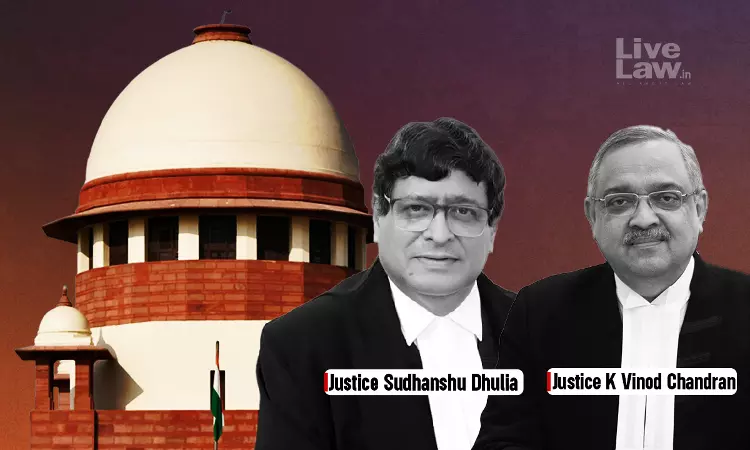Payment Of Gratuity Act | Conviction In Criminal Case Not Required For Gratuity Forfeiture, Dismissal For Moral Turpitude Enough : Supreme Court
Yash Mittal
18 Feb 2025 10:38 AM IST

If the employee is terminated for misconduct which constitutes an offence involving moral turpitude, gratuity can be forfeited.
Next Story


